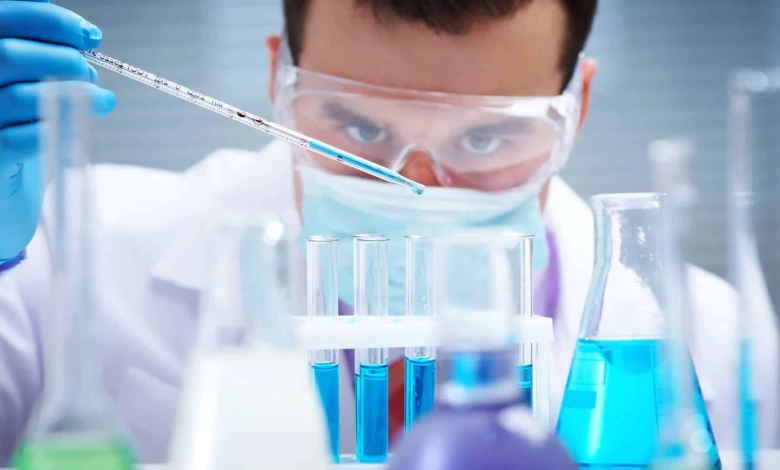The Role of Chemical Testing in Our Everyday Lives

Chemistry testing plays an invisible but crucial role in our everyday lives. It’s a scientific discipline that ensures the safety, quality, and performance of the vast array of chemical substances we encounter daily. From the cosmetics we use to the food we eat and the cleaning products that keep our homes sanitized, Fare Labs chemical testing services involve the very foundation of product development, manufacturing, and regulatory compliance.
What is Chemical Testing?
At its core, chemical testing services is a set of analytical procedures designed to identify, quantify, and characterize the chemical composition of a material or product. These tests can be either qualitative, revealing the presence or absence of specific components, or quantitative, measuring the exact amount of a particular substance present. With accreditation as per ISO/IEC 17025:2017 by NABL and its recognition by esteemed regulatory bodies like the Food Safety & Standards Authority of India (FSSAI), Agricultural & Processed Food Products Export Development Authority (APEDA), Export Inspection Council (EIC), Bureau of Indian Standards (BIS), and MOEF & CC attest to its credibility and adherence to stringent quality standards. FARE Labs employs advanced technologies to conduct thorough analyses, ensuring water meets the highest standards for safety and purity.
Why is Chemical Testing Important?
Chemical testing serves multiple purposes, all aimed at protecting human health, public safety, and the environment. Some key reasons why it is essential include:
- Safety Assessment: Testing identifies potential hazards such as toxicity, flammability, and corrosivity. This information allows manufacturers to implement safety measures throughout a product’s lifecycle.
- Quality Control: Ensuring that a product meets its intended specifications and industry standards is critical. For instance, testing food additives verifies their purity and shelf life, while pharmaceutical testing guarantees the effectiveness and safety of medications.
- Regulatory Compliance: Many government regulations require specific chemical testing procedures for various products. Compliance with these regulations ensures consumer protection and legal market access.
- Environmental Protection: Testing helps assess the environmental impact of chemicals, including their biodegradability, toxicity to aquatic life, and potential contribution to pollution. This encourages the development of eco-friendly products and sustainable manufacturing practices.
Types of Chemical Testing Services
Chemical testing encompasses a variety of techniques and methodologies, including:
- Spectroscopy: Uses light or electromagnetic radiation to analyze the structure and composition of materials. Techniques such as mass spectrometry and infrared spectroscopy provide detailed chemical insights.
- Chromatography: Separates components of a mixture based on their properties, allowing for precise identification and measurement.
- Wet Chemistry: A traditional method involving chemical reactions to detect and measure specific substances. Though time-consuming, it remains valuable in certain applications.
- Instrumental Analysis: Modern laboratories use advanced instruments like gas chromatographs and high-performance liquid chromatography (HPLC) for rapid and accurate analysis.
The Future of Chemical Testing
As technology continues to advance, chemical testing is evolving with improvements in automation, miniaturization, and high-throughput screening methods. These advancements allow for more efficient and precise testing across various industries. The ongoing development of testing techniques plays a vital role in ensuring safer products, responsible manufacturing, and environmental sustainability. Ultimately, chemical testing is essential in maintaining public health and fostering a cleaner, safer world for future generations.



